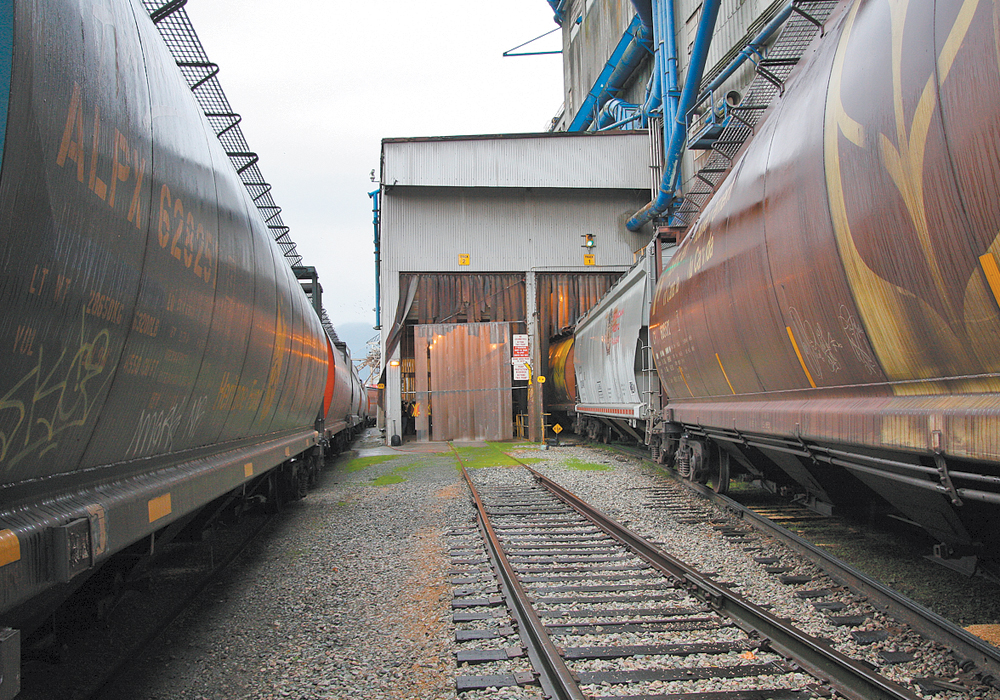Like it or hate it, death of the Canadian Wheat Board created key regulatory and service vacuums that have yet to be addressed.
The first of these has been its impact on basis as grain companies moved from receiving a fixed handling fee for statutory grains, a policy that inevitably helped control charges for canola and other non-stat grains, to charging whatever the market will bear.
Second, farmers ceased to be shippers under the Canadian Transportation Act, losing any traction they once had as direct consumers under the act.
Read Also

High prices see cow-calf producers rushing to incorporate
Farm accountants are reporting a steady stream of cow-calf producers rushing to get their operations incorporated ahead of selling their calves this fall.
However, a third, much less commented upon, effect has been reduction in the volume of economic research — expert-based studies — undertaken in the producer interest since 2012. This change, though damaging, would be uncontroversial to correct, and should be addressed.
During the CWB era, the academic literature was rich in study of grain marketing and transportation issues as the 1990s and 2000s saw numerous analyses from respected scholars such as Fulton, Furtan, Gray, Kraft, Schmitz and Tyrchniewicz, to name just a few.
These reports were widely reported in farm press and knowledgeably discussed by much of the farm population.
Their greatest impact, however, was in the organizations where farm policy is made, because leaders and policy specialists were able to craft recommendations that reflected authoritative knowledge of every element of the western grain economy.
Though much enhanced by statistics provided by the federal grain monitor, Quorum Corp., and the Canadian Grain Commission, larger study of farmers’ grain market and transportation concerns appears to have fallen somewhat to the wayside in recent years.
Whether this decline reflects changes in academic interest or simply a scarcity of study patrons is unclear, but its lack is a blank spot in farmers’ ability to understand, formulate and articulate policy recommendations in their own interests.
The grain commission could play an important role here by commissioning study in areas that have been insufficiently investigated in recent years.
For example, no research has been undertaken to confirm the accuracy of primary elevator-assigned grades and dockage since the old, auditable oversight system was abolished in 2012.
This was based on grain commission weigh-overs and inward inspection, which kept each country point’s aggregate numbers honest.
We’re also unaware of any study to assess the economic impact of abolishing primary elevator test weights for cereals in favour of higher terminal test-weight standards, a move still favoured by grain companies.
The list doesn’t stop there.
A grain commission-sponsored study to investigate options for standard grain contracts would address longstanding concerns from the Agricultural Producers Association of Saskatchewan and other Canadian Federation of Agriculture provincial organizations.
Producers would also benefit from ongoing monitoring of the percentage of export grain prices returned to farmers versus grain companies, a routine metric for assessing producer economic well-being in the industry.
Finally, the CWB regularly polled producers on every element of their work and views, faithfully reporting their opinions, even those that opposed the board.
Farmers would benefit greatly from knowing more about themselves collectively, as would the grain commission, which no longer has any significant presence in the country.
However, it hasn’t undertaken a poll since 2017.
Research currently conducted by Prairie farm groups is appreciable and important, but more is needed.
Well targeted research is cheap and has been shown to pay for itself many times over. Moreover, farmers can’t manage what they can’t count.
The commission’s historic, farmer-centred mandate presents a unique opportunity for it to initiate and complement farm organization study of grain industry issues in the producers’ interests.
Cam Goff is chair and Bruce Dodds, secretary, of the Canada Grain Act Discussion Group, a producer watchdog caucus that works to promote and defend the Canada Grain Act.

















